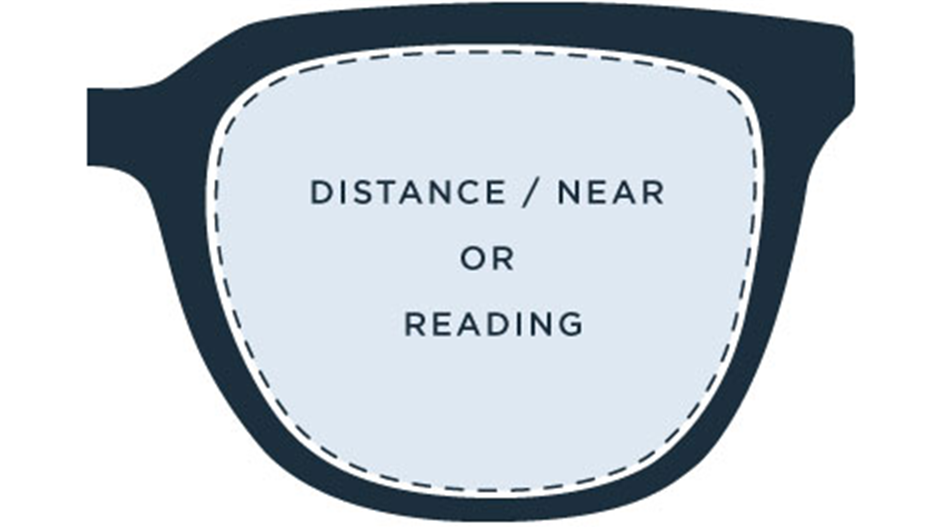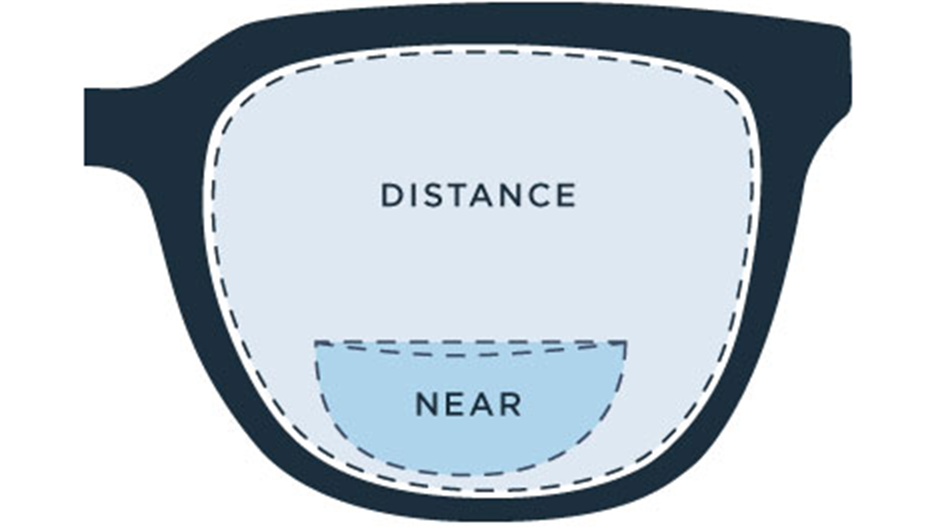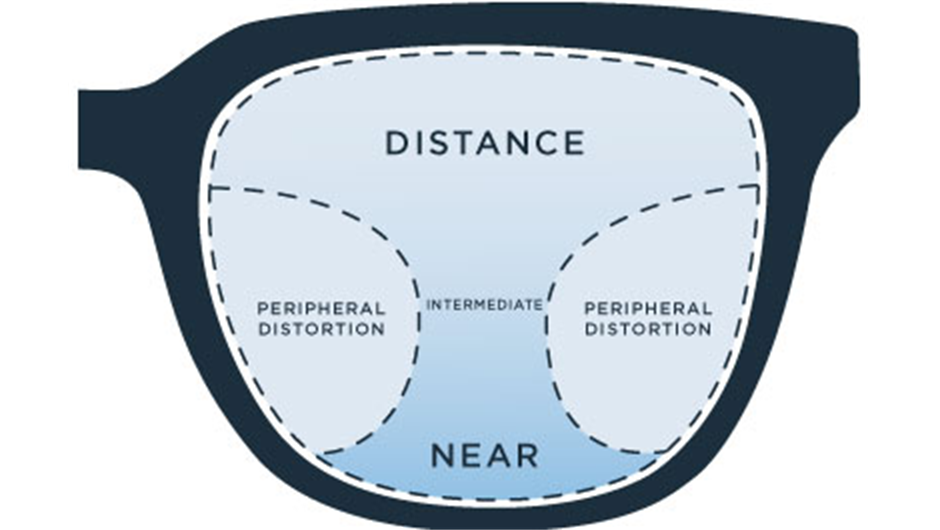When the patients go to the optometrists, they need to make quite a few decisions. They might have to choose between contact lenses or eyeglasses. If eyeglasses are preferred, then they have to decide the frames and lens too.
There are different types of lens, for example, single vision, bifocal and progressive lenses. But most patients may not know if they really need bifocal or progressive lenses, or if single vision lenses are enough to provide clear vision. Generally speaking, single vision lenses are the most common lens which most people wear when they first start to wear glasses. Actually most people do not need to worry about bifocal or progressive lenses until you are 40 or older
Below is some rough information for you to determine which lenses are right for you, including both optical features and also the cost.
Single Vision Lenses
Advantages
Most affordable lens type, used to correct nearsightedness and farsightedness.
Typically no adjustment period needed to get used to.
The cheapest lens
Disadvantages
Correct only one vision depth, near or far.

Bifocal Lenses
Advantages
The additional segment provides both close-up & distance vision correction.
Cost effective solution for multiple vision depths.
Relatively cheap, especially compared to progressive lenses.
Disadvantages
Distinct, non-discrete line & half circle shaped near vision lens.
Image jump when transitioning from distance to near vision & back again.

Progressive Lenses
Advantages
The progressive lens provides near, mid, and long distance vision correction.
Eliminate the need to switch between multiple pairs of glasses.
No visible lines on the lens for a seamless transition between the 3 zones.
Disadvantages
Adjustment period needed to train patients on using the three different vision areas.
New users can feel dizzy or nauseous until they get used to them.
Much more expensive than single vision or bifocal lenses.

Hope the above information is helpful for you to get a better understanding about different types of lens, and also the cost. Anyway, the best way to determine which lens is right is to consult with the professional optometrists. They can perform a thorough evaluation of your eye health and vision needs, and recommend the most suitable one.


